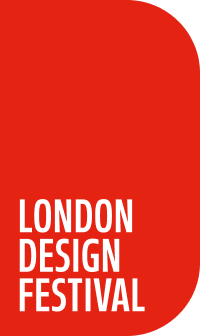Curious Habits - Design As Learning
Partner Programme
14 — 22 Sept 2024
Craft, Digital, Industrial & Product Design, Interiors & Furniture, Multi-Disciplinary Design, Fashion & Textiles, Materials
32a Thurloe Place
32a Thurloe Place
London
SW7 2HQ
Is there design without learning? Here, graduates of the RCA’s Design Products course explore processes of learning and design. Reflecting on individual work practices and their transformative potential for the subjects of design and designers themselves, the exhibition focuses on moments of insight, learning, change.
Established design methodology and other traditional learning processes, such as the scientific method, share key fundamental elements of iterative experimentation. This repetitious procedure of exploration and analysis is essential to critically examining a chosen artifact and inflicting impactful design changes which lead to creative solutions or experiences. This iterative process of design practice is a structured version of how we as a human species have naturally interpreted our surroundings for millennia. We intuitively experiment, question, refine, and learn how to engage more effectively with the world around us. We have the innate human desire to observe our environments and individuals, surround ourselves with communities of thought, discuss and obtain guidance from experts, and apply this knowledge to our own interests and passions. In this show, graduates from the Royal College of Art’s MA Design Products course demonstrate a mastery of design practice in which their insights, learnings, lived experiences, and professional expertise are clearly displayed within the objects they designed. Tangible moments of deep learning are highlighted within their individual processes. Perhaps more important are the insightful nuggets of unlearning, ideas or concepts that break or question the status quo, which naturally occur through the rigorous process of design iteration and critical analysis. This significant symbiotic growth between the designer and the designed object can be witnessed in every project. Both the designer and the object in this creative relationship are made stronger through the design practice of learning to unlearn. Additionally, this show features the RCA’s 5th annual collaborative project with mobile technology brand OPPO: Connective Intelligence. As we experience unprecedented integration between physical and digital spaces via state-of-the-art consumer electronics, we as designers continue to strive and innovate around the values of learning and unlearning how technology might function in the future. With technology offering us higher levels of connectivity between entire systems of people, cultures, products, and the planet itself, we should continually ask ourselves who, or what, must we learn from? What lessons are we internalising now and how might we act upon our newly gained knowledge? Perhaps we all need to explore, question, and redefine our own understanding of how we fit within the ecosystems of devices, natural and manmade environments, or cultural communities to achieve greater harmony both internally and externally. PROGRAMME FRIDAY 13 SEPTEMBER 5:30-8:30pm Private View Join us for a preview of Brompton Design District's programme 'The Practice of Learning curated by Jane Withers Studio at six locations around the district. TUESDAY 17 SEPTEMBER 5-7pm Global Stage, Local Narratives Designer Myles Ikenna Igwebuike dives into how African designers navigate the interplay between their traditional practice and global influence, alongside Elikem Logan, Bunmi Agusto and Zoe Chinonso Ene. THURSDAY 19 SEPTEMBER 6-9pm Cosmic Couture An evening voyage into new galaxies of fashion and percussion with designers Joshua Siebert and Peter Neyra, featuring live music by Don Glori. SATURDAY 21 SEPTEMBER 1-2pm Creative Confidence through Sexual Empowerment Workshop for design professionals with Calandra Balfour and Katya Jeppesen Frank, focusing on personal well-being and the integration of creative expression into design practice. Calandra Balfour is a UK-based wellness expert, entrepreneur, and sex educator who hosted the TV show on Channel 4 'A Very British Sex Shop'. RSVP to reserve your spot by emailing tamara.manova@network.rca.ac.uk.
Related










)
)
)
)
)
)
)
)
)
)
)
)
)
)
)
)
)
)